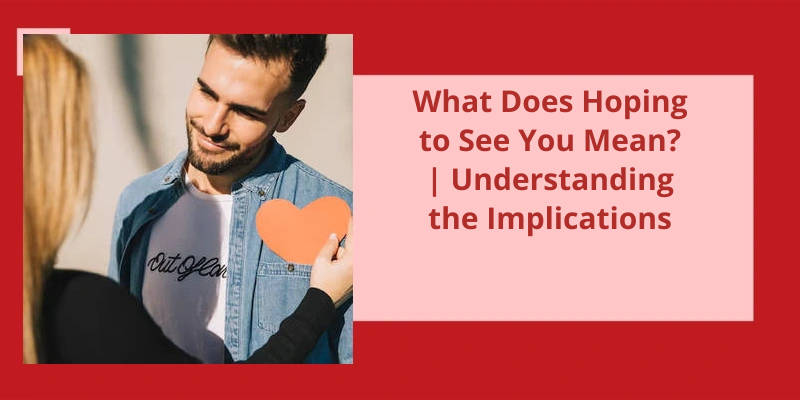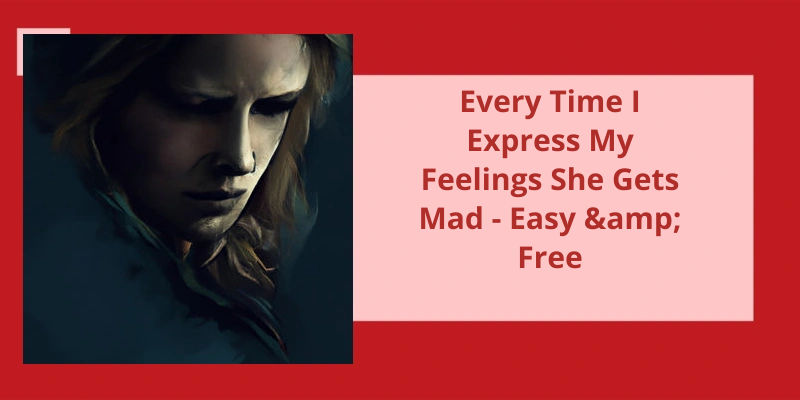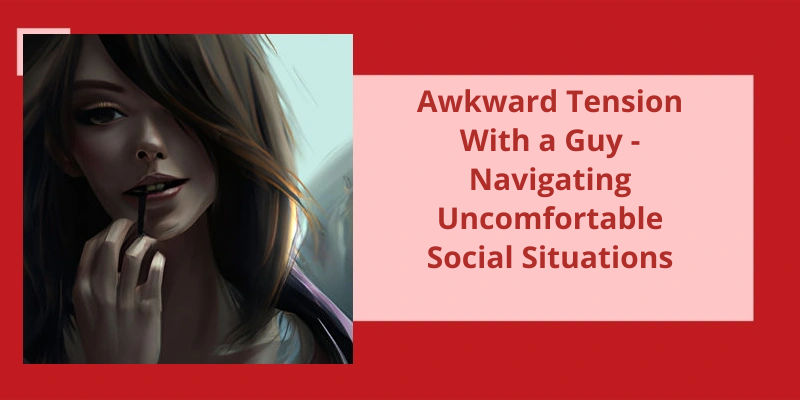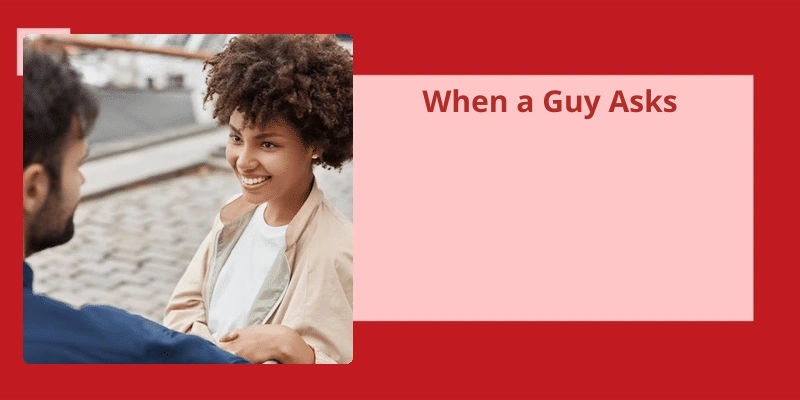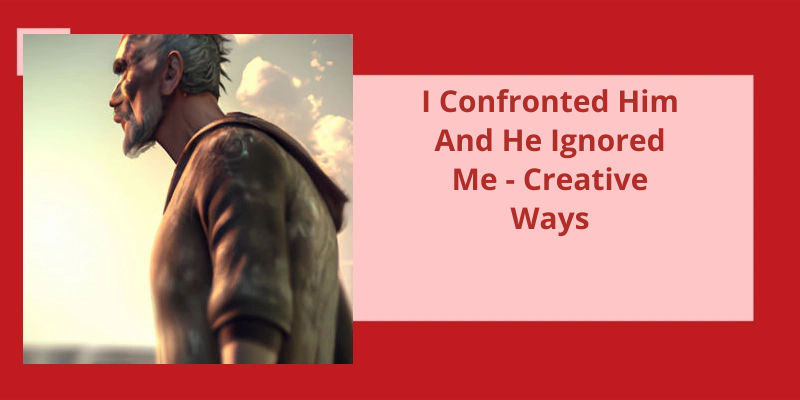When it comes to the phrase "hoping to see you," it’s a versatile expression that encompasses the act of anticipating one's presence in a specific place or event. This phrase carries with it a sense of excitement, eagerness, and a deep desire to reunite with a particular group or individuals. It serves as an optimistic invitation, demonstrating a sincere hope for a reunion or gathering, where connections can be strengthened and cherished moments can be shared. It signifies the value placed upon interpersonal relationships and the joy that comes from being surrounded by loved ones.
What Does It Mean When a Girl Says Hope to See You?
When a girl says “hope to see you,” it’s a statement that implies an expectation or desire to meet you in the near future. It suggests that the person is anticipating a meeting or encounter with you and is expressing their eagerness to make it happen. By using the word “hope,” the person is indicating that they’re looking forward to seeing you, indicating a level of excitement or anticipation.
Furthermore, the phrase “hope to see you” could also convey a sense of uncertainty or doubt about the possibility of actually meeting in the near future. It could indicate that there are factors or circumstances that might hinder or prevent the meeting from taking place.
If it’s someone you know well and have a close relationship with, it’s likely that they genuinely want to meet you and are enthusiastic about it. On the other hand, if it’s someone you aren’t very close to, they may be expressing a polite but less definite desire to see you, leaving room for ambiguity.
However, it may also imply uncertainty or doubt about the possibility of the meeting actually happening. The exact meaning will depend on the context and the nature of the relationship between the individuals involved.
How to Interpret Different Ways People Express Their Desire to See Someone
Interpreting different ways people express their desire to see someone can be a bit tricky. When someone says they’re hoping to see you, it generally implies that they’re looking forward to spending time with you and are excited about the possibility of seeing you. It can also mean that they miss you or want to reconnect with you.
However, the specific meaning behind this expression can vary depending on the context and the relationship between the individuals involved. For example, if a close friend or family member says they’re hoping to see you, it may indicate a strong desire to spend quality time with you.
On the other hand, if someone you recently met or don’t know very well says they’re hoping to see you, it could simply mean that they’re interested in getting to know you better and are looking forward to the opportunity to meet up.
It’s important to consider the person’s tone of voice, body language, and overall behavior when trying to interpret their expression of wanting to see you. This can give you valuable clues about their true feelings and intentions.
Remember that interpreting someone’s desire to see you isn’t an exact science, and it’s always best to communicate openly and directly with the person in question to clarify their intentions and expectations.
When we say “Hope to see you soon,” it serves as more than a simple farewell. It conveys our eagerness and anticipation for future encounters, whether it’s reconnecting with someone we haven’t seen in a while or meeting someone new. This phrase holds the potential for continued interaction and leaves an open invitation for further engagement.
What Does Hope to Seeing You Mean?
When we say “hope to see you soon,” we convey a sense of eagerness and anticipation. This phrase is typically used when we havent seen someone in a while or when we’ve yet to meet them in person. It serves as a way to wrap up a conversation while also expressing our sincere desire for future contact. The implication behind this expression is that we value the person we’re speaking to and look forward to the opportunity to connect with them again.
It also indicates that we anticipate aspects of this future interaction, such as catching up on each others lives, exchanging thoughts and ideas, or simply spending quality time together. This phrase conveys a positive tone and demonstrates our intention to maintain and deepen the relationship or connection.
It expresses our eagerness to finally meet in person, indicating that we’ve built a connection, whether through online interactions, conversations, or mutual acquaintances. This phrase signals our readiness to establish a personal connection in the physical world and shows a genuine interest in getting to know the other person better.
It serves as a friendly and warm farewell, expressing our anticipation for the next encounter, whether it’s with someone we’ve known for a while or someone we’ve yet to meet. This phrase conveys our desire to maintain or establish a connection, indicating that we value the persons presence and look forward to further interaction.
Is Hope to See You There Correct?
This conveys your hope that the person youre speaking to will attend the party and implies that you’re excited about the possibility of seeing them there. It’s a friendly and inviting phrase that shows your enthusiasm and desire for the person to be present at the event.
The phrase “hope to see you there” can be used in various social contexts, such as parties, gatherings, meetings, or even public events. It’s a commonly used expression when extending an invitation or making plans with someone, indicating your expectation of their presence. This phrase helps create a sense of anticipation and builds excitement for the upcoming event.
It conveys your enthusiasm and excitement, while also acknowledging the importance of their presence. This phrase can be used in various social situations and serves as a positive invitation or gesture towards the person youre addressing.
Creative Alternatives to “Hope to See You There” for Invitations and Event Planning
- Looking forward to having you join us
- We can’t wait to see your smiling face
- Your presence would make our day
- We eagerly anticipate your arrival
- We’re excited to have you as our guest
- It would be wonderful to have you at our event
- Counting down the days until we see you
- We’re really hoping you’ll be able to make it
- Your attendance would mean the world to us
- We’re crossing our fingers that you can join us
- We’d be thrilled if you could be there
- We’ve got our fingers crossed for your attendance
- Your participation would make the event even better
- We’re keeping our hopes up that you’ll be there
- We can’t wait to catch up with you at the event
Source: Which is correct,’Hope to see you around’ or ‘ …
For someone to express the sentiment, “I’m looking forward to seeing you again,” it signifies a genuine anticipation towards your future meeting. It may not necessarily imply romantic affection, but rather an underlying liking or appreciation for you. By vocalizing this sentiment, they’re making an effort to convey their positive sentiments towards spending time with you once more.
What Does Looking Forward to Seeing You Again Mean?
When someone says, “I’m looking forward to seeing you again,” it indicates a genuine anticipation and excitement about meeting you once more. This phrase typically suggests that there’s a level of connection or positive impression they’ve of you. It may not imply romantic feelings towards you, but it does convey a certain interest or appreciation for your company. By uttering these words, the person is conveying that they value the time spent with you and eagerly anticipate the chance to do so again.
This expression of anticipation implies that there’s something about you that stands out to them, whether it be your personality, conversation, or shared experiences. It implies that they genuinely enjoy your presence and find something appealing in the interactions you share. It also suggests that they believe there’s more to explore and discover in future encounters with you. This phrase is often used to express a positive and optimistic outlook on future interactions and further deepening the connection between both individuals.
It suggests that the person values the bond you’ve and wants it to continue evolving. It’s an honest and sincere expression that acknowledges the importance of your interactions and the desire to maintain them. When someone says this, it indicates that they’ve taken the time to not only express their enjoyment of your company but also their eagerness to continue building upon the connection you share.
This phrase conveys a positive outlook on furthering the relationship and suggests a desire to nurture the bond between both individuals. It’s important to recognize and appreciate the sincere sentiment behind these words, as they reflect the persons genuine enthusiasm and interest in maintaining a connection with you.
Different Ways to Express Anticipation and Excitement About Seeing Someone Again
- Counting down the days until the reunion
- Eagerly awaiting the moment we meet again
- Feeling a surge of joy at the thought of seeing you once more
- Anticipating our reunion with uncontainable excitement
- Longing for the day we’re reunited
- Experiencing butterflies in my stomach in anticipation of our meeting
- Unable to contain my enthusiasm about seeing you again
- Overflowing with anticipation and eagerness for our reunion
- Thrilled beyond words at the prospect of seeing you
- Yearning for the moment when we can finally be together again
Choosing the correct phraseology is crucial when expressing anticipation for an upcoming event. While it may seem common to say “looking forward to seeing you there,” the accurate and grammatically sound form is “I look forward to seeing you there.” It’s important to note that the inclusion of the word “to” doesn’t equate to it being part of a verb, like “to see.”
Is It Correct to Say Looking Forward to Seeing You There?
When it comes to expressing excitement about a future encounter, it’s common to say “I look forward to seeing you there,” rather than “looking forward to seeing you there.”. Subtle as it may seem, this distinction can play a role in understanding the implications of the phrase. The inclusion of the word “to” conveys an active anticipation rather than a passive state of expectation.
It implies that they’re making a conscious effort to anticipate the occasion, fostering a sense of enthusiasm and involvement. This phraseology suggests a personal commitment to being present and engaged, indicating a genuine interest in the other persons presence and valuing their participation.
On the other hand, the phrase “looking forward to seeing you there” lacks the assertiveness and personal touch inherent in “I look forward to seeing you there.”. The omission of the first-person pronoun can subtly diminish the speakers level of investment or involvement in the encounter. It may appear more passive, as if the speaker is merely awaiting the event without actively contributing to the anticipation.
It’s important to note that this linguistic distinction may not always be significant or noticeable in everyday conversations. However, in more formal or professional settings, such as business emails or invitations, the choice of phraseology can contribute to the overall impression and convey different levels of enthusiasm or commitment. Therefore, understanding the implications of each variation is crucial in effectively communicating ones intentions and expectations.
The inclusion of the word “to” elevates the phrase to a more engaging and committed stance. While subtle, this linguistic distinction can shape the overall message and implications, particularly in formal or professional contexts where precision and clarity are paramount.
Conclusion
It signifies the desire to reunite with a group of individuals at a specific location or event, highlighting the importance of connections and shared experiences. Whether it pertains to a family reunion, a social gathering, or a professional meeting, the phrase embodies a sense of inclusion and eagerness for future encounters. It’s a reminder of the significance of coming together and the joy that accompanies the prospect of reunions. As humans, we seek connections and belonging, and the phrase "hoping to see you" encapsulates that profound need, reminding us of the value we place in sharing moments with others.

